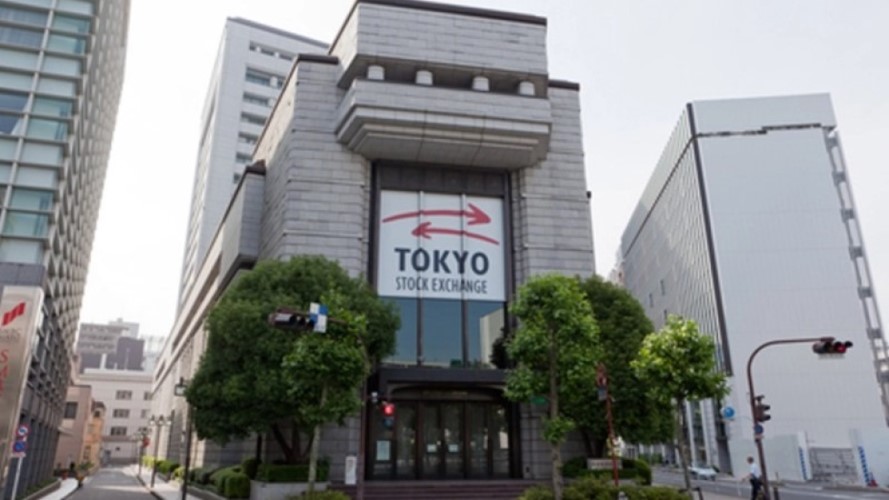In One survey by Nikkei (an index of the Tokyo Stock exchange), a considerable portion of capital firms indulged in Japanese ventures would face severe challenges regarding fundraising in the near term. The index considers initial public offerings as the cause of slower markets, which puts obstacles to raising funds. When the VC firms were asked about their plan of solicitation of capital to other investment funds, they gave hints about the degree of complication they have to face regarding the execution of the same. At the same time, out of the 44 total questioners, only 29 replied that raising funds will be somewhat ‘more difficult’ down the line compared to 2019.
One of the VCs replied that the rate hikes all over the globe and the slides of the equity values “have resulted in squeezing the inflows right into risky VC funds of the institutional investors.” As per another VC, various corporations are another essential source of funding, yet amid this turmoil, there’s a good possibility of investors tightening their investments.
There were also questions about new start-ups. When asked about their fundraising challenges, VCs said they would be the ones facing more challenges while asking for fundraising. All the later-stage start-ups will be the ones facing the chief impact of this ‘fund-squeezing. At least 39 VCs have this to say regarding the same for the start-ups poised for IPOs. “Another concerning reason is that, due to the raising doubts about all the large-cap IPOs, there are greater cases where later stage companies with greater market capitalization are ignored for investments,” another insurance provider affiliated VC has this to say. Among all the respondents, merely 30% were self-assured about having a more aggressive mentality towards investing than last year.
The SCT (Shinsei Corporate Investment) had this to respond to the mess, “The later-half of 2022, IPOs could have faced weaker sale values as well as they would have been postponed” from the look of it, SCT has now become cautious while picking target funds.
Another half of the respondents said that the Russia-Ukraine war, rate bumps, and other crucial market changes in the environment would impact investors’ decision-making regarding valuations and verifying different business plans. Dai Watanabe (Managing partner, Delight Ventures)will be less aligned with investing in companies that wilfully ignore profitability and are investing single-mindedly just to grab greater market shares.
Since the Abenomics boom, there has been an upsurge in investing in start-ups. Right from 2012, it became a popular trend while many VC firms unified to participate in this opportunity. Several start-ups like Freee (a cloud software developer) and Mercari (a flea market app) officially pushed off curtains and went public after successfully investing in this bonanza. VCs earnings went skyrocketed depending on these pedestal success stories.
But in this new normal, nobody can certify that this old formula of success will be able to deliver dividends the way it used to. So VCs nowadays are more aligned toward start-up investments.
Another survey shows that 17 of the VCs advise expenditure should be strictly cut off, which will be much more efficient in the case of securing cash. Mr. A.Fuji, a partner of some reputed group, instructed, instead advised start-ups to extend the fundraising timelines and cut-off expenditures to avoid fund shortages smoothly.
Although the drifting business conditions, VCs are assertive about some sectors. Surveys also show investors prefer the energy and environmental sector much more reliable over other options. They might as well expand their investments in these sectors.
These indexed surveys also show variations in preference hierarchy through different times. As energy sectors top this, next-gen internet protocols like Web3 (they usually use blockchain technology) become second in preference — and then comes NFTs (non-fungible tokens), which drew 36%.VCs towards them. Last year’s top pick was SaaS (Software as a Service), which is shown to be fourth in this survey.
Sparx Group is drawing attention nowadays as they are increasing annual investment by at least 20%. They also shared their opinion, saying there’s a rising scope for a project like Web3. Now that they are done with their surveys, Nikkei sent those to many firms, while 44 will respond by July. A hefty amount (almost 19 billion dollars) of funds are being adjusted and managed for investments.





